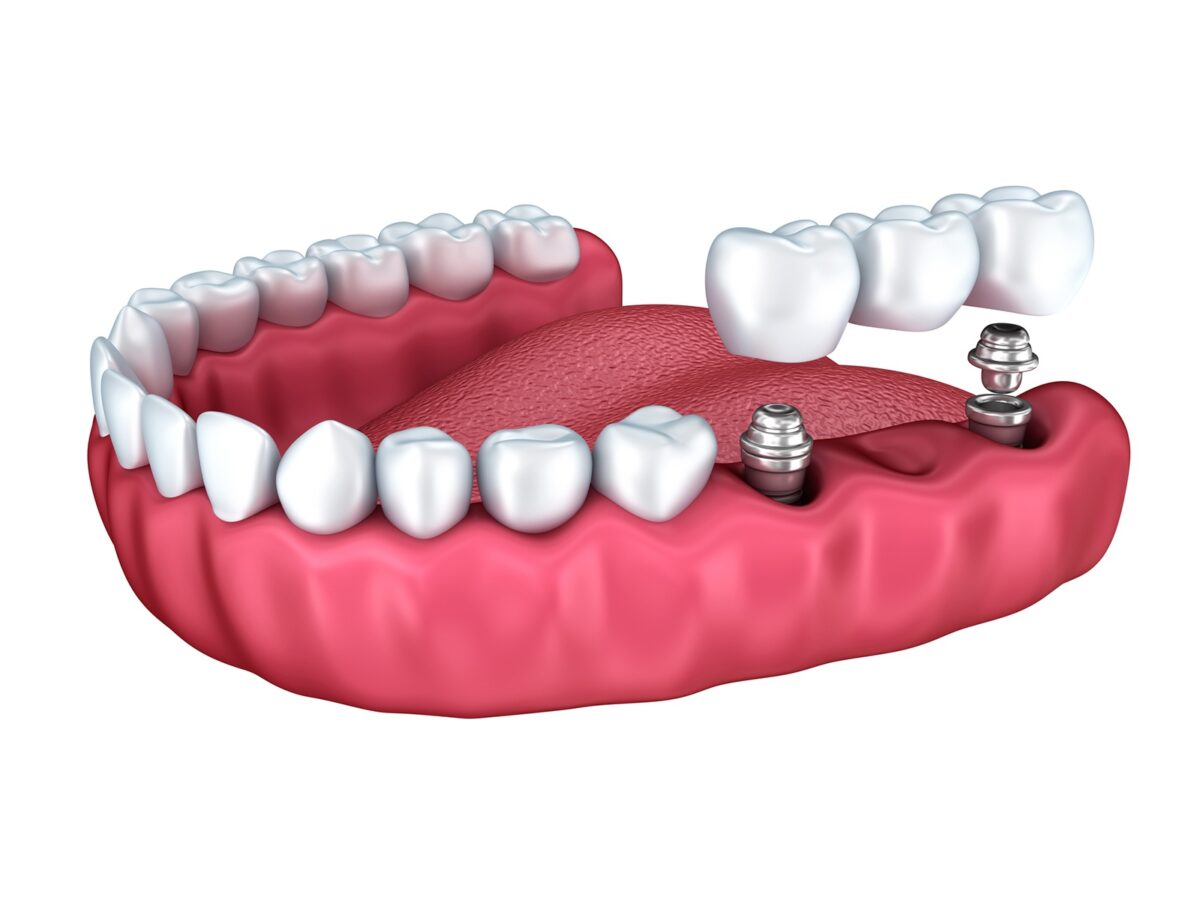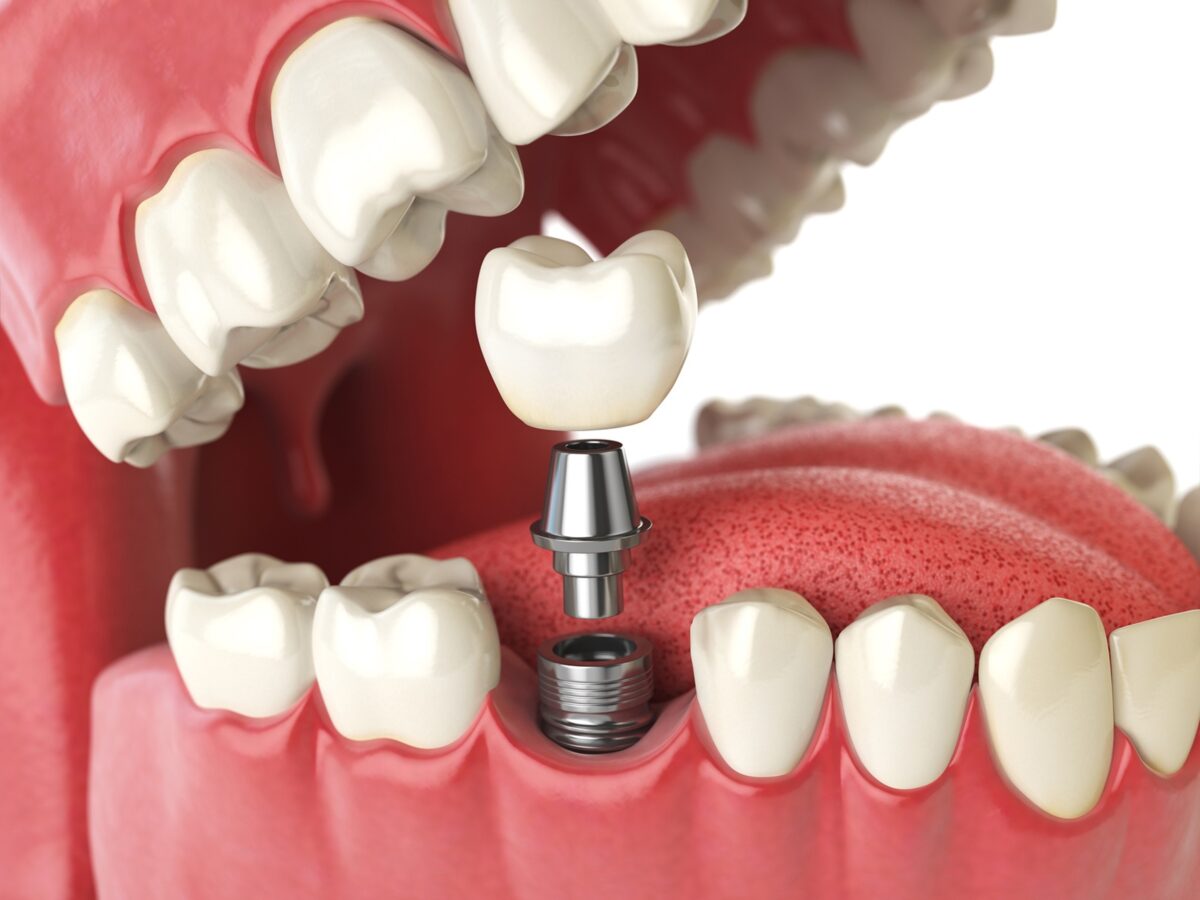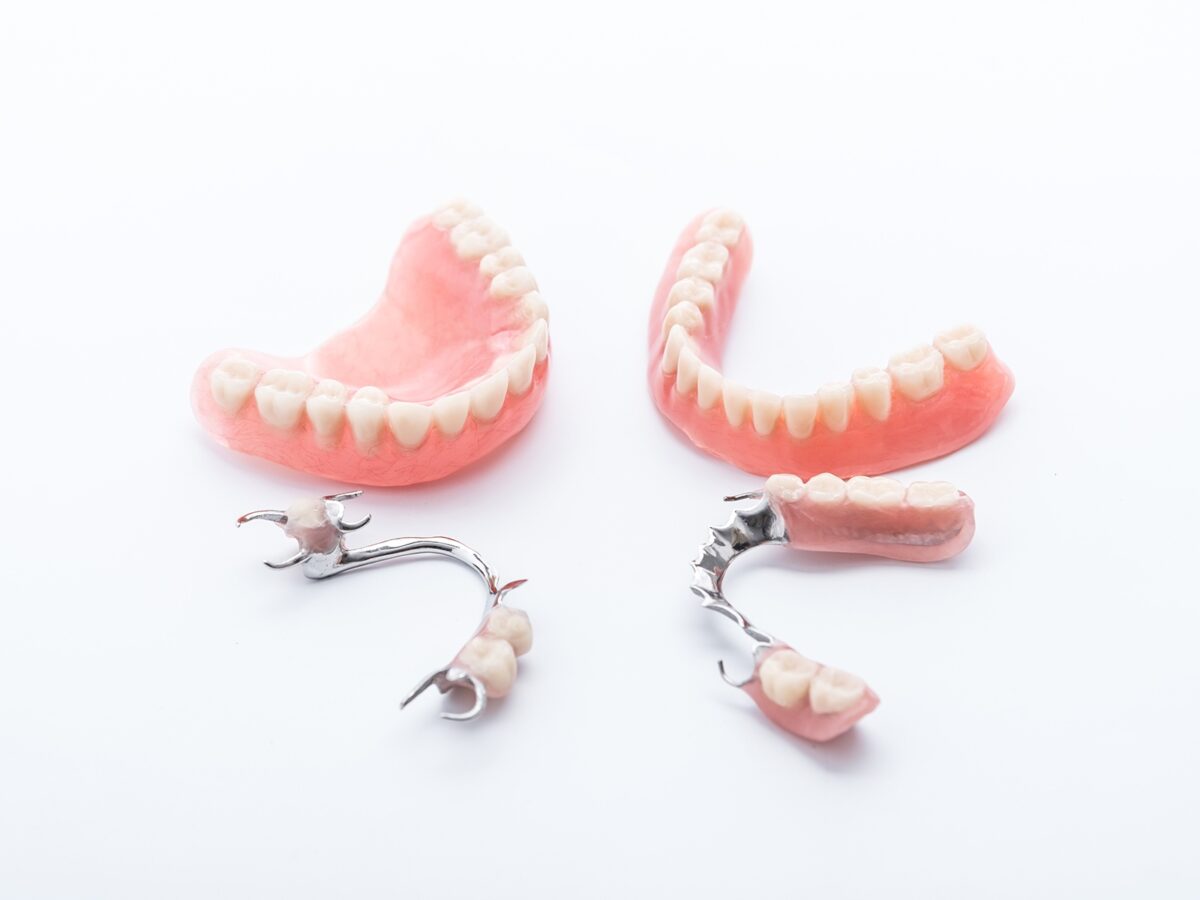Dental implants are a practical choice and are not supposed to fail or fall at least up to 25 years. Failing to get a dental implant can cause rather serious complications, and there could be several reasons due to no fault of your own.
What are the reasons for dental Implants to fall out?
- Dental implants fuse with bone through a titanium base, and if that prevents connection to the bone, that causes dental implants to fall out. That is known as osseointegration. It happens when people lose bone density around the base of an implant due to illnesses or trauma to the mouth.
- At times wrong surgical techniques inhibit bone growth around an implant and stop connecting to the bone.
- Some implant designs are not bone-friendly and do not provide a suitable environment for connection. As soon as undue pressure during eating and chewing, it prevents stability. • Sometimes poor oral hygiene is responsible for the implant getting loose. You would feel inflammation or pain if the area around the dental implant gets infected.
What to do if the dental implant falls out?
Avoid chewing food from the side of the implant and rinse with a non-alcoholic mouthwash two to three times a day. Book an urgent appointment and have your dentist examined. By the time follow the recovery diet comprising of soft food. There would be chances that the crown has fallen out. If
even though the actual implant has fallen out, peri-implantitis diagnosis and treatment get performed promptly to reverse the situation and avoid any further complications in the jaw, mouth, neck, blood, and brain.
Symptoms of Peri-Implantitis
- Bleeding
- Swelling
- Pus
- Redness
- Pain
- The feeling of instability in the implant
Ensure your provider uses good materials and does not try to lower costs by using lower-quality fixtures. The Federal Drug Administration (FDA) and the American Dental Association (ADA) approve the quality of the material used in dental implants for safe results.
Schedule your appointment with a dentist today and get the treatment on time!




